
Since the terms “genius” and “creativity” have different definitions, Psychiatric Times asked a neuropsychologist and creativity expert to clarify how the terms are being used in scientific studies.

Since the terms “genius” and “creativity” have different definitions, Psychiatric Times asked a neuropsychologist and creativity expert to clarify how the terms are being used in scientific studies.

A recent systematic review and meta-analysis that compared benzodiazepines with antidepressants for anxiety disorders has triggered a debate among clinicians about first-line treatments, efficacy for specific disorders, and adverse effects.

Despite pharma's retreat and the many challenges in psychiatric drug development -- as detailed here -- the current psychiatric drug pipeline is not totally dry.

Nonpharmacological interventions-such as mind-body interventions-can improve a partial response to antidepressants via stress reduction, improved physical functioning, increased socialization, and reduced risks of polypharmacy.

More than half of all patients with psychiatric disorders report disturbances of sleep and wakefulness. "Sleep disorders are associated with impaired daytime function and predict a heightened future vulnerability to psychiatric disease. They also diminish life span.” Details from an expert here.

While the growing evidence base for the positive effects of lithium on brain health is compelling, the evidence remains preliminary.

Surprisingly, psychiatrists and psychiatric nurses “were just as likely” as their primary care counterparts to display negative biases toward individuals with schizophrenia seeking general medical care.

Despite the prevalent perception that cognitive decline in the aged population is inevitable, researchers with Northwestern University's SuperAging Project are finding that "excellent memory capacity in late life is a biological possibility."

The extent to which antidepressant use during pregnancy is associated with increased risks of postnatal adaptation syndrome, persistent pulmonary hypertension in the newborn, first-trimester teratogenicity, stillbirth, and infant mortality is explored in 2 recent studies. A close up look here. . .
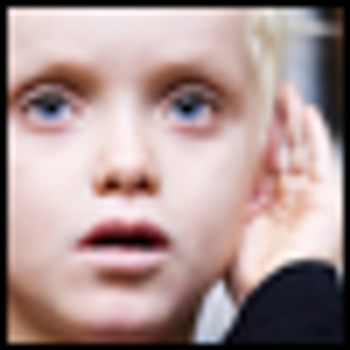
A recently published NIH study of 112 children suggested that some children might possibly outgrow autism.
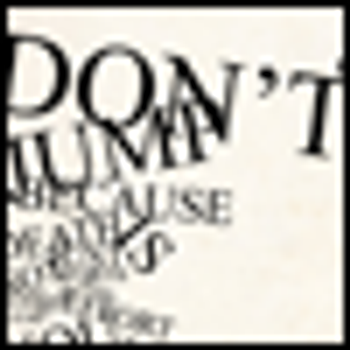
According to the CDC's latest published report, there were 38,364 suicides in the US in 2010-an average of 105 each day. Globally, an estimated 1 million suicides occur annually.

People who weren't getting out of bed are getting up and doing productive things. They are re-engaging with their families, and they are focusing on things they want to accomplish before they die.
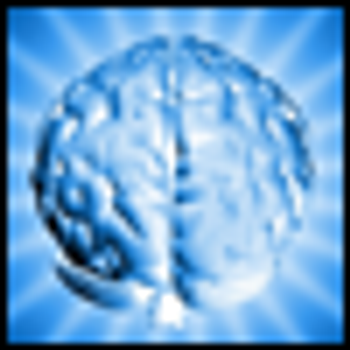
The evolution of deep brain stimulation for various neuropsychiatric disorders results from advances in structural and functional brain imaging, increased understanding of neurocircuitry of the brain, and improvements in neurosurgical techniques and equipment.

"You turn on the television, and violence is there. You go to a movie, and violence is there."

Clinicians tell patients that we will keep their information private and then turn around and put it into an electronic health record that can do just the opposite. . . . Putting confidential information into an electronic health record can be like putting it up on a billboard.

A bill banning mental health providers from engaging in sexual orientation change efforts with patients passed the California Senate just weeks after prominent psychiatrist Robert Spitzer, MD, apologized to the gay community for his 2003 study.

“If physicians cannot control what happens to them, then it’s going to be difficult for laypersons to control what happens to them.”

Despite its occurrence in up to 3.4% of adults, hair–pulling disorder or trichotillomania (TTM) is often under-diagnosed and inappropriately treated, according to a panel of experts presenting at the recent APA meeting.

While regulatory controls on methadone clinics for opioid dependence resulted in treatment being physically and functionally isolated from conventional medical care, the delivery of an office-based treatment of buprenorphine and the buprenorphine/naloxone combination product over the last decade has facilitated the return of treatment to “mainstream medicine both for psychiatry and primary care."
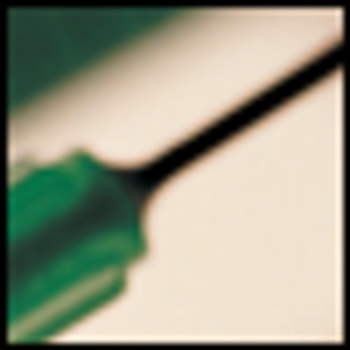
Ongoing shortages of several psychotropic medications have wreaked havoc among patients and their families, caused frustration and reluctant prescription switches among physicians, and prompted investigations by Congress.

ADHD has been significantly associated with a primary diagnosis of impulse control disorder and bipolar disorder and most commonly associated with social phobia and major depressive disorder. Details here. . .

Sleep disorders - most commonly sleep apnea - are often comorbid with psychiatric disorders. Treatment of disordered sleep can result in a significant improvement in the psychiatric disorder.

Preliminary research indicates that use of online social networking sites, such as Facebook, by adolescents who are receiving treatment for substance use disorders can negatively affect their care

In a recent interview on 60 Minutes, Harvard psychologist Irving Kirsch, PhD, commented, “the difference between the effect of a placebo and the effect of an antidepressant is minimal for most people.”
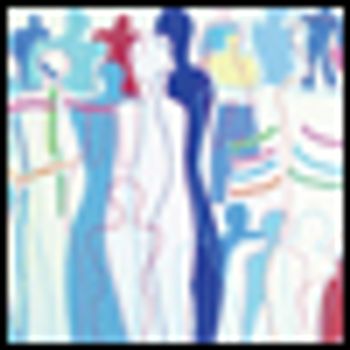
Three twin studies published between 1977 and 1995, which provided the main body of knowledge on heritability of autism, showed a concordance rate of 72% for a total of 36 monozygotic pairs and a concordance rate of 0% for 30 dizygotic pairs.
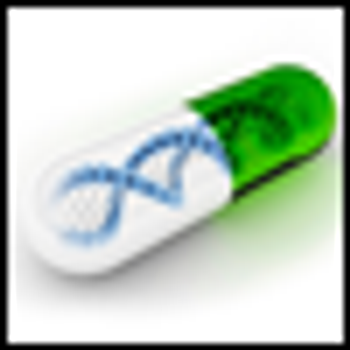
More and more research is being conducted in the US and abroad on the role of psychiatric pharmacogenomics in identifying new gene variants and in predicting treatment response to specific medications.
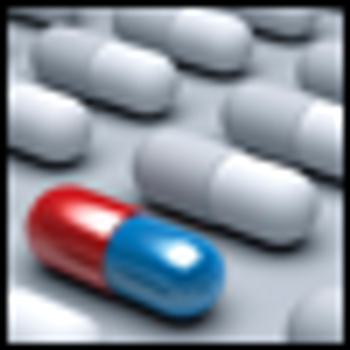
Beyond safety benefits, pharmacogenomic testing may improve adherence by helping patients avoid suboptimal or harmful treatments.

Researchers have tried lots of different kinds of tests from EEGs to blood-based biomarkers. Now genetic tests are a very popular means of trying to understand different psychiatric disorders.

Are antidepressants active placebos or lifesavers? Are they overprescribed? Are clinical trials of these drugs insufficient?

In 2009, Maj Matthew P. Houseal, a psychiatrist, was in Iraq attempting to help suicidal soldiers when a fellow soldier killed him, a clinical social worker and 3 others at a combat stress center near Bagdad. Paradoxically, Houseal’s accused killer, US Army Sgt John Russell, had earlier threatened to take his own life, according to witnesses’ testimony during a recent investigative Article 32 hearing.

Published: August 21st 2013 | Updated:

Published: August 26th 2013 | Updated:

Published: October 8th 2013 | Updated:

Published: December 19th 2013 | Updated:

Published: April 17th 2014 | Updated:

Published: September 9th 2013 | Updated: